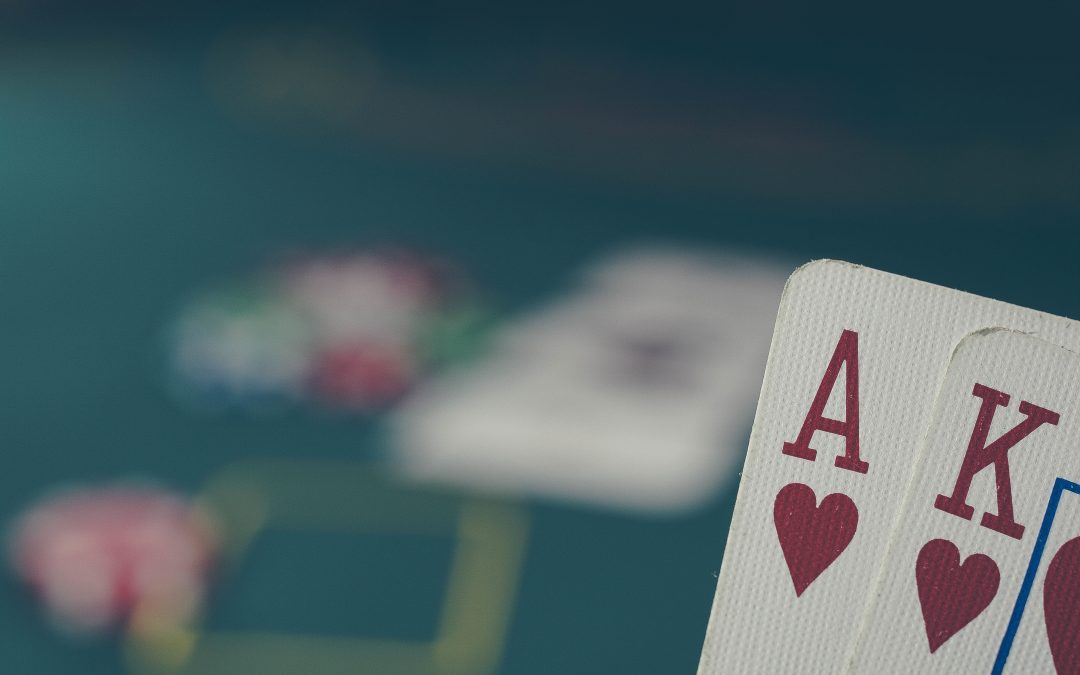Far from being a fleeting craze or fad, online poker has endured from nearly the beginning of the internet. 888.com and other sites, such as Paradise Poker, have been online since the mid-90s. Now, over 20 years later, poker still remains a popular hobby for millions of players across the globe, e.g. poker online uang asli.
Online poker’s still popular, but it used to be really popular
Online poker slowly gained in popularity from the mid-90s onward. But starting with Chris Moneymaker’s epic win at the 2003 World Series of Poker, the online game exploded. The period from roughly 2003 to 2009 or so marks the era known by industry observers as, simply, the poker boom. This era saw truly phenomenal growth and overnight success stories. The founders of PartyPoker went from broke to billionaires in the blink of an eye. Other fortunes were made in payment processors, like Neteller and Moneybookers, which catered primarily to the online poker and gaming markets. Good players could expect to make an easy six figures a year and the best routinely made over $1,000,000. Players, such as Phil Ivey, amassed online wins approaching $20,000,000.
But this golden age of online poker came to an abrupt end when, on April 15, 2011, widely known as Black Friday, Preet Bharara led the Southern District of New York’s Attorney General office to seize all U.S.-based funds of every American-facing internet poker site. At this time, the U.S. online poker market was somewhere around 75% of the global total. Overnight, the American online poker market all but evaporated, leaving thousands of players out hundreds of millions of dollars
Most of the players who lost money in the seizures were eventually repaid through a court receiver, but the damage to the American online poker industry was lasting. The global industry likewise suffered due to the huge percentage of revenues which had previously come from U.S. players.
There were already indications that the market was declining, even well before the events of Black Friday in 2011. But after this catastrophic event, the global online poker market entered into an era of steep decline. By some measures, between 2011 and 2017, the online market lost 15%, compounded annually. This amounts to a loss of well over half of the industry’s revenues.
However, despite these declines and despite the fact that online poker today is just a shadow of its glorious zenith of the mid-2000s, it remains a popular pastime for many players. Some players are even good enough to continue to make a decent living from it, although the opportunities for profit have fallen lock-step with the industry’s fortunes.
Chess ain’t got a chance:
Poker speaks to the soul
So why does this game, what many considered to be no more than a gimmicky fad, endure with such strong popularity? There are a few reasons.
One is that poker, especially varieties featuring unlimited betting, is just about the closest thing that one can come to mortal combat without actually risking life and limb. This quality taps into innate, primal urges for competition, a yearning for battle and the glory of victory that come with it. In No Limit Hold’em, when the opponent loses, he is often utterly vanquished. He will have lost all his chips on one gigantic all-in bet.
Such stakes involving total victory and catastrophic defeat speak directly to the id of many players. It’s the closest thing the civilized can come to the primitive tribal practice of total war, which was par for humanity’s brutal ancestral course.

